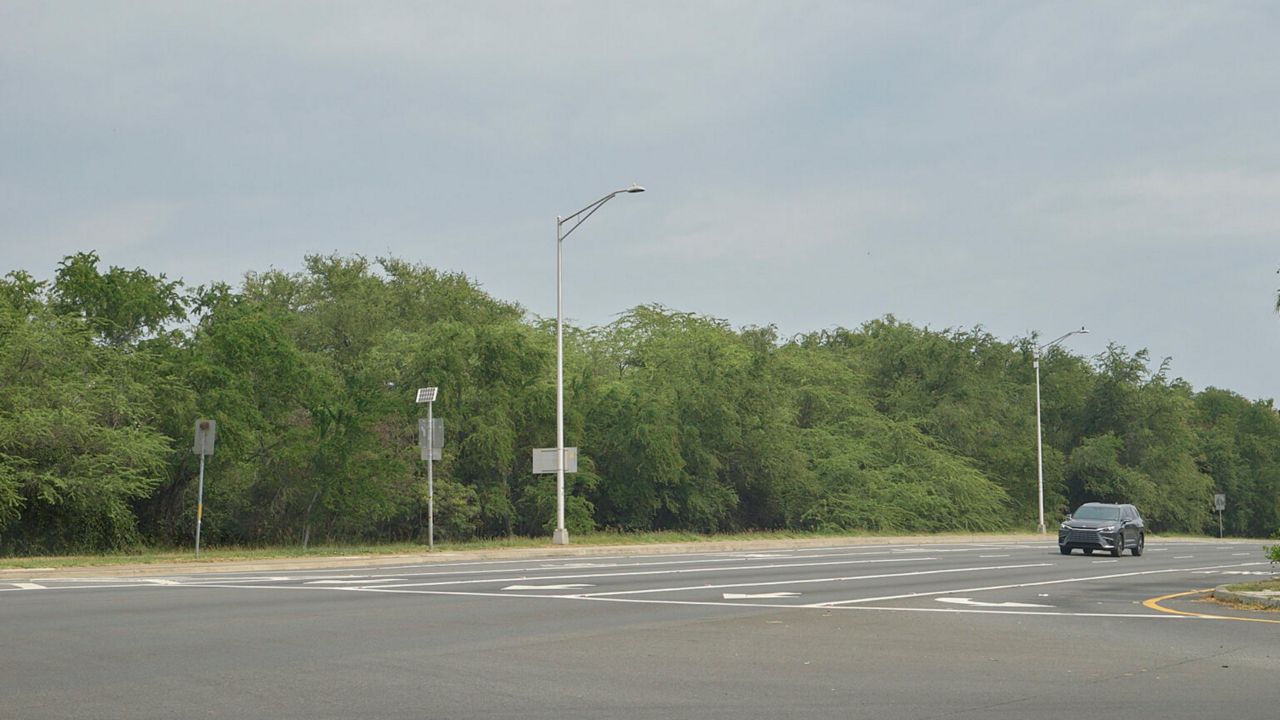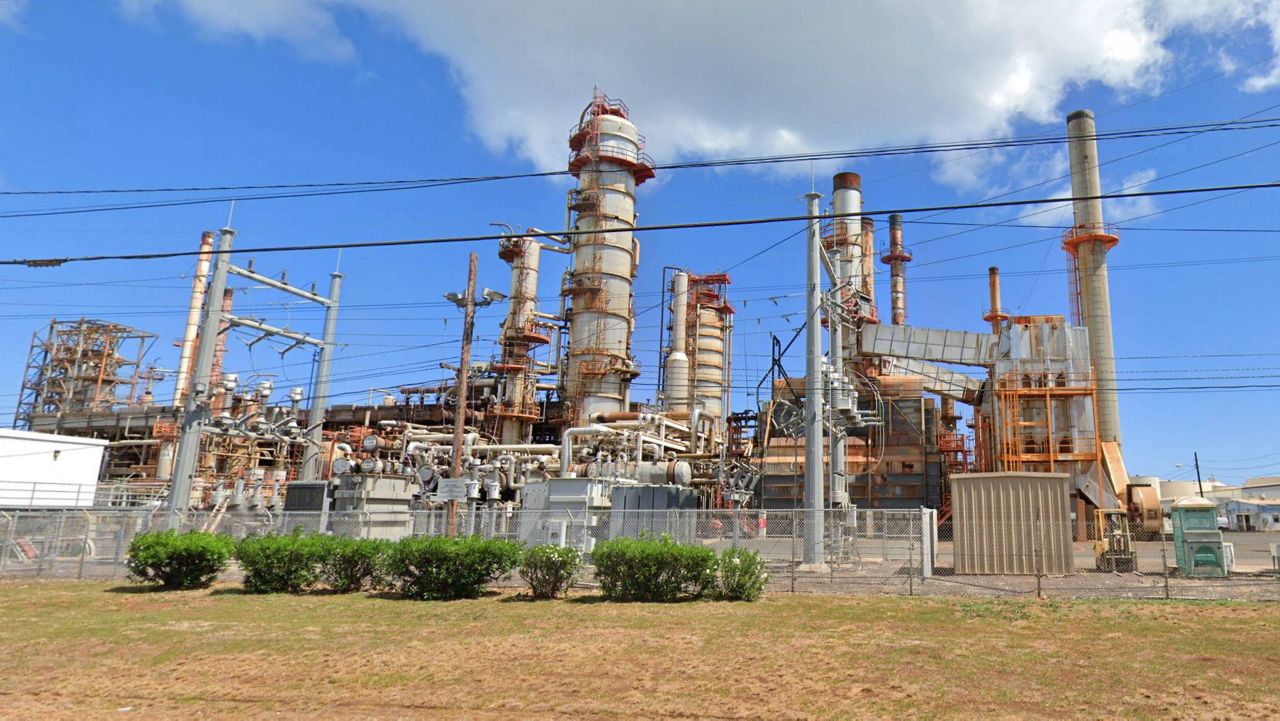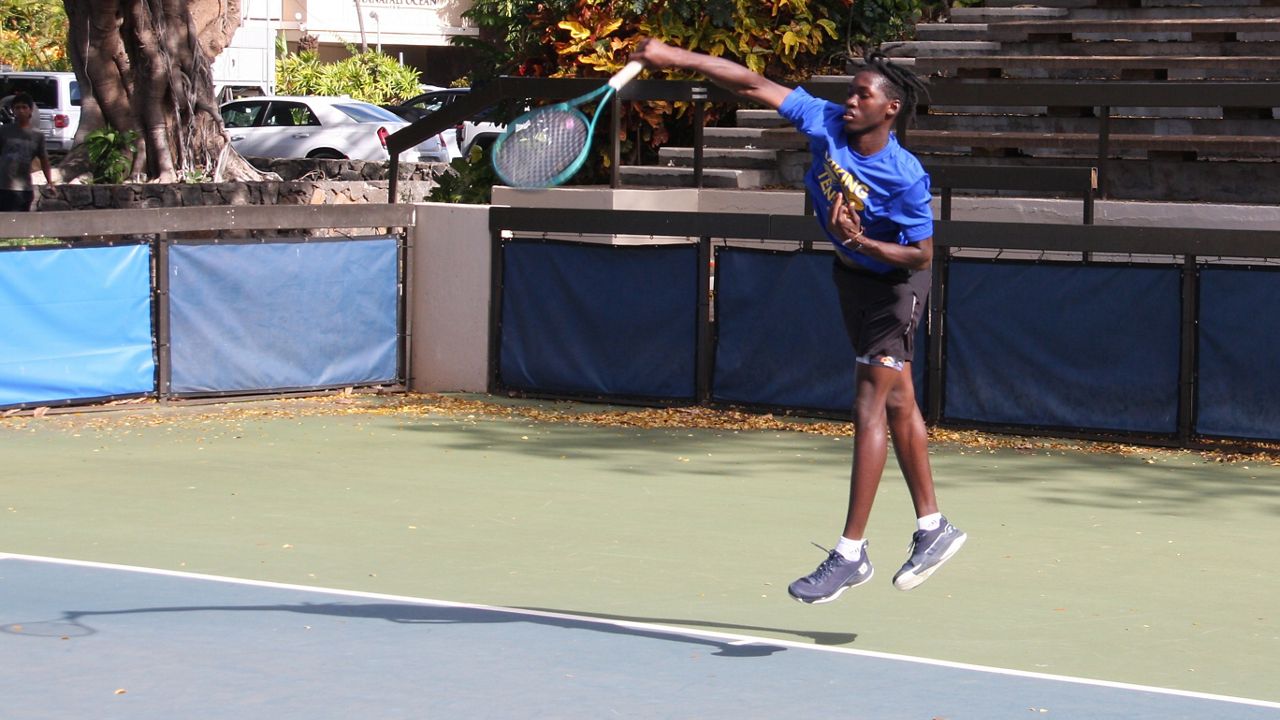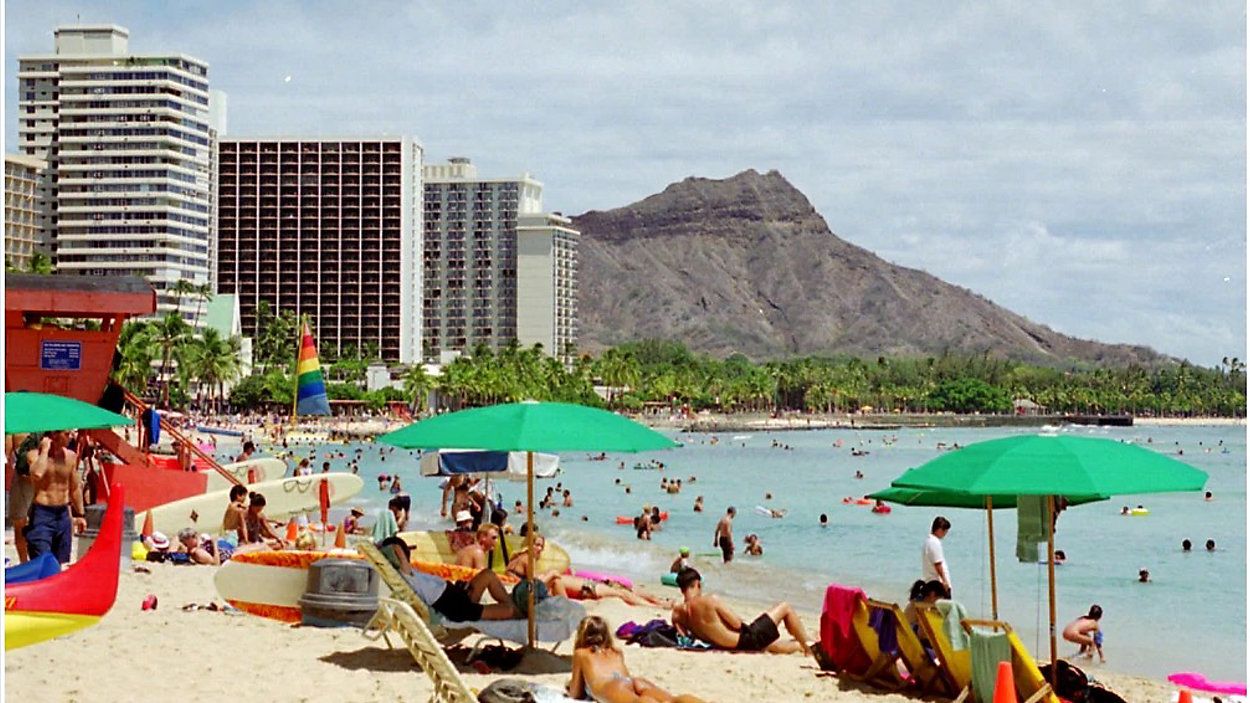HONOLULU — The U.S. Environmental Protection Agency has awarded $350,000 in grants to three new projects addressing climate and environmental issues on Oahu, Maui and Kauai.
The agency’s national Environmental Justice Small Grants and Collaborative Problem-Solving programs support underserved communities in matters of environmental and public health.
“Through these grants, EPA is funding innovative projects across Hawaii based on community priorities,” said EPA Pacific Southwest Regional Administrator Martha Guzman. “Our goal is to achieve positive impacts through the meaningful involvement and fair treatment of the communities we serve, providing them the resources to advance environmental justice.”
The awards are funded through the American Rescue Plan and congressional appropriations.
The Hawaii organizations receiving the grant awards are Trees for Honolulu’s Future, Na Moku Apuni O Koolau Hui and Kaunalewa.
Trees for Honolulu’s Future received funding to partner with the state Department of Education, local colleges and Smart Trees Pacific to conduct outreach of urban heat effects in central Oahu. Elementary, middle and high school students will be trained to collect weather and soil data and host discussions with other students to identify solutions for heat mitigation and develop resiliency to disasters exacerbated by climate change.
“We’re excited to train student scientists in grades 3 to 12 to investigate the impact of heat on their homes or schools,” said the group’s president Daniel Dinell. “The project area suffers disproportionately as a heat island compared to other parts of Honolulu. Critically as part of the initiative, the children will come up with solutions to mitigate what is rapidly becoming a grave risk to human health and livability. We thank the EPA EJ program for this opportunity to make a difference in this underserved community.”
Maui-based Na Moku Aupuni O Koolau Hui received a grant to implement the Keanae-Wailuanui Community Watershed Monitoring and Conservation Project, which will train the underserved community on the use of water quantity and quality tools alongside their regional and cultural knowledge.
Participants will be trained to monitor some 27 streams, tributaries and estuaries within the island’s Koolau District and foster a healthier watershed while supporting traditional and customary practices like subsistence gathering, fishing and taro farming.
Kaunalewa will receive funding to help improve the health and well-being of the small, isolated community of Kekaha on Kauai via environmental and health education.
Kekaha is considered a “food desert” and Kaunalewa’s project seeks to expand access to fresh produce by 20% and decrease cost by 20% by supporting community gardening and local small-scale farming programs that include youth.
Kaunalewa will also conduct research and sampling on legacy pesticide and asbestos health impacts in order to understand community exposure and reduce the rates of health concerns associated with pesticide and asbestos exposure.
Michael Tsai covers local and state politics for Spectrum News Hawaii.









